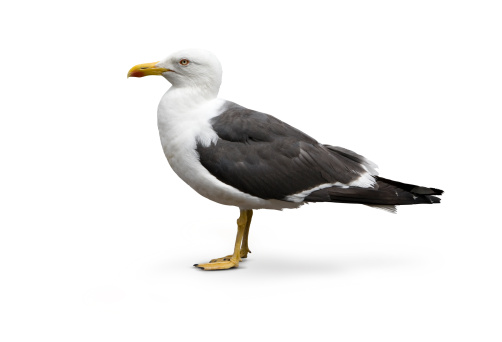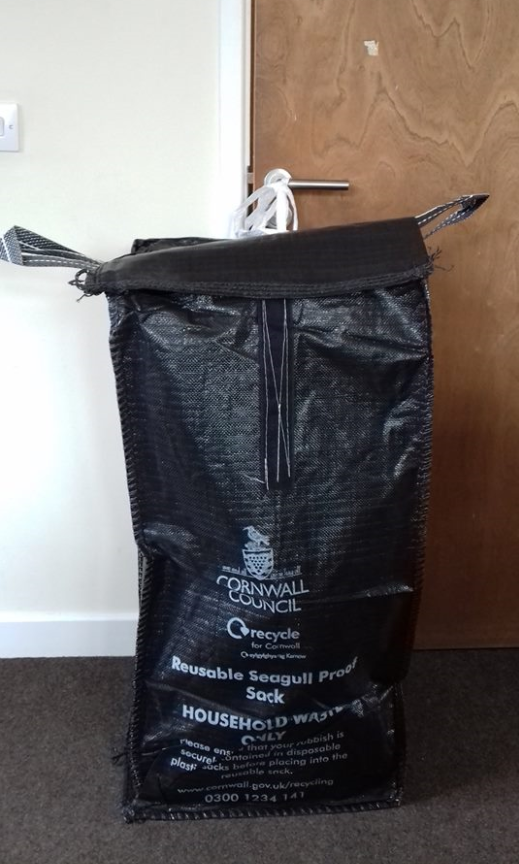The Law
All species of gull are protected under the Wildlife and Countryside Act 1981 and the Wildlife (Northern Ireland) Order 1985.
Baby Gulls
It is not unusual for baby gulls to be found on the ground and they may remain on the floor for a few days after leaving the nest before being able to fly. It is likely that that parents will be watching over the baby gull, feeding and defending it until it is capable to fly.
If you come across a young gull uninjured best advice is to stay away, as the parent gulls will be protecting it and if a human or pet gets too close the parents may ‘dive-bomb’. If the young gull is in a dangerous place, it can be moved a short distance to a safer place but be careful of the parents.
Nesting
Traditionally gulls nest on sea-cliffs and sand dunes but some species especially the herring gull have adopted to roof nesting. As the birds are protected by law you should not destroy their nest but instead look at deterring them from nesting in the first instance. They will look to nest where they have a good food supply.
Feeding
Herring gulls generally forage around 10km of their nest. They are natural scavengers, and they will break normal black bin bags to get food.
It is advised not to feed the seagulls as this lead to them become aggressive and snatching food from hands. They have competitive in nature and may fight each other to get the food first.
Cornwall Councils advice includes:
- Do not feed the gulls
- Don’t leave lids off bins
- Don’t put rubbish out to early
- Do cover rubbish sack to prevent attack by gulls or other pests
- Don’t drop litter
- Avoid eating in the streets
- Use seagull proof rubbish sacks which can be purchased from One Stop Shops or the Town Council.
Padstow Town Council does sell Seagull proof sacks (as pictured below) for domestic waste at £3.50 each.






0 Comments